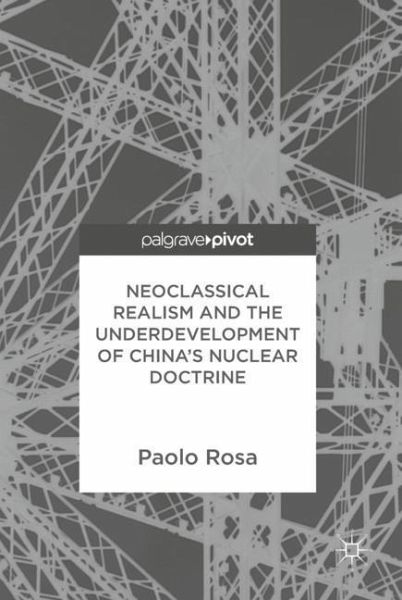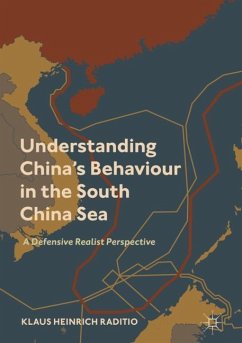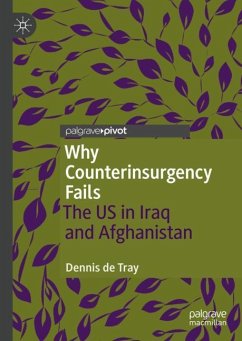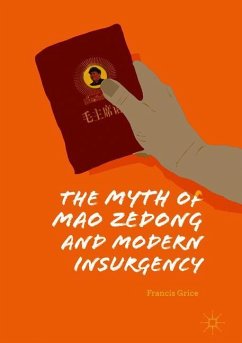
Neoclassical Realism and the Underdevelopment of China's Nuclear Doctrine

PAYBACK Punkte
21 °P sammeln!
This book addresses the under-researched discourse of the evolution of Chinese nuclear posture, and in particular, explains the absence from this evolution of a coherent and well-defined operational doctrine. Using a neoclassical realist framework, the book explains why China, after having launched a crash programme in the mid-1950s to develop a nuclear deterrent, did not debate a clear operational doctrine with respect to targeting and employment until the mid-1980s.












